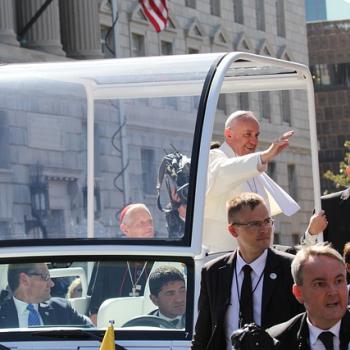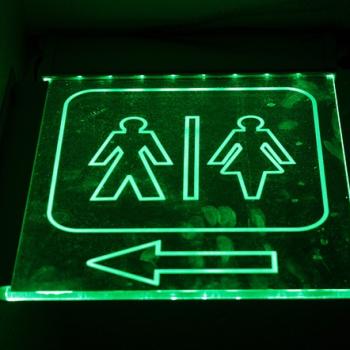
(Image via Pixabay)
One could respond by suggesting that ordination should be considered a matter of power. And then magnify the error by suggesting that keeping women away from the diaconate is necessary for that reason. Ostensibly, such an interpretation of leadership in the Church would fly in the face of the gospel (the Church isn’t about power) so we could dismiss it as a fringe or extremist view not worth serious consideration. But not to consider it would be to ignore that all too often there are those who do treat the Church as if it where simply an arena for power-jockeying and choosing sides. It would also disregard the imagination-forming power of misogyny. And much as it might be true to say such behavior and belief is not the true face of the Church, it is a very real apparent face of the Church. Keep in mind that people learn about Christ from the example of others as a feature, not a bug of Christian revelation. As for the Head, so for the Body. We are accountable for the misrepresentations of Christ and his Church that we teach when we filter the Church through unchristian attitudes and presumptions.
Misogyny can be may things, among them a structure of sin. As a structure of sin, it is like racism – it effects not just those who choose it, but it conditions how those influenced by it think and feel on a large scale– in ways that can be hard to notice and don’t require a conscious choice. There are those who don’t consciously think of priesthood or leadership in terms of power, but feel “creeped out” and become defensive about any discussion that involves both women and ordination. They speak as though somehow faith, the Church, or Christian witness were imperiled by the conversation. Despite their confidence in the Church’s judgment about priestly ordination, they don’t trust the Church to be sufficiently guided by the Spirit to handle even a conversation about the diaconate. This reaction can be a sign that one has become a cognitive victim of misogyny, interpreting the world through a falsifying lens. I think especially men who suggest that this conversation or this committee are somehow evidence of conspiracy should examine themselves here. (Not that we all don’t always need to examine our hearts and our standard- we all of us, always, do need that examination.)
Having given my take and talked a little about other takes I want to share with you one commentary on the committee formation I found particularly good for its common sense and modesty of judgment. Rebecca Bratten Weiss over at Suspended in Her Jar writes:
“The general recognition at the time was that no one should start celebrating or freaking out too soon: a commission to study the female diaconate is not the equivalent of a promise to initiate a female diaconate. It is, however, very needed, because so much confusion exists about the role of women in the early church in general, and their function as deacon(ess?)es in particular. Many Catholics are unaware, in spite of the clear evidence of Scripture, that women served in the role of what was called διάκονος (deacon – the same term used for males) in the early years of the church, perhaps laboring under the impression that this is a sneaky invention of self-aggrandizing feminists. But it would be unscholarly to rush to assume that the equivalency of word meant equivalency of function. That is why it is important that Francis has established this commission: we can not effectively answer questions about the possibility of women and the diaconate in the contemporary church, so long as we remain confused about how they operated in the early church.”
She also notes that:
“Arguments that allowing women deacons would be a “slippery slope” to female ordination as priests are, in my view, misleading. So long as the Holy Spirit is guiding the church, it is not going to slip or slide towards anything God does not intend. The question of a female diaconate should be addressed not out of such heterodox fears, but out of a sincere and humble determination to understand our own history, and how the living tradition, guided by the pope and magisterium, may continue to develop out of its deep roots in Christ. If this does not permit the restoration of a female diaconate, perhaps it will open doors to discuss other ways in which women may live out their vocations of service within the Body of Christ.”
You can find her whole post here.












